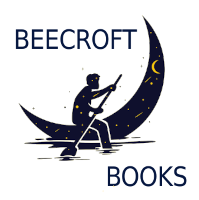Today I have mostly been…
finishing incorporating the points made by the lovely Megan Derr and Bimo into my final draft of The Glass Floor, which frankly is much better for them. While I was doing that, I spotted some anomalies of my own, such as ‘if Radu can’t see magic, how come he can see the magical forcefield at…
